Vasco Pratolini
出生 : 1913-10-19, Florence, Tuscany, Italy
死亡 : 1991-01-12

Novel

Screenplay
Historical drama, based upon the novel by Alessandro Manzoni.
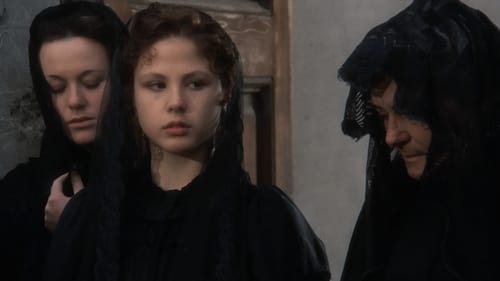
Novel
Metello struggles to escape from the poverty that led to the premature death of his parents, and that is the lot of the working class in northern Italy during the second half of the 19th century. Metello fights his way out from his condition through hard work, a determined will to resist oppression inherited from his father, but also by taking advantage of his good looks when dealing with women. Metello progressively assumes an important role in the organization of an emerging workers movement, and attempts to conciliate his risky political activities with his private life.

Story
"Andremo in città" (We'll Go to the City) is a 1966 Italian drama film directed by Nelo Risi. It is based on the novel of the same name by Edith Bruck, Risi's wife. Bruck, a Hungarian concentration camp-survivor, settled in Italy after the Second World War and wrote about her experiences in autobiographical and fictional formats.[1] The film stars Geraldine Chaplin and Nino Castelnuovo.
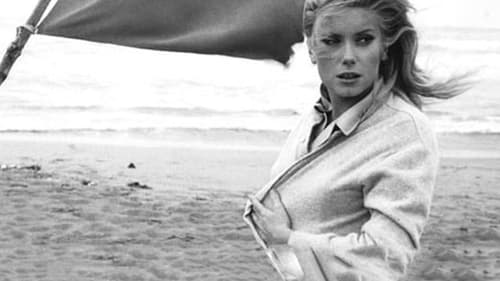
Novel
Florence, early 1960s. Bruno aspires to be hired at a prestigious factory, but his Communist ideals — instilled by Millo, a father figure and family friend in love with Bruno's widowed mother Ivana — are an obstacle. His relationship with Lori, a beautiful and tormented young woman who has just returned from Milan, reshapes his convictions. Freely adapted from a minor novel by Vasco Pratolini.
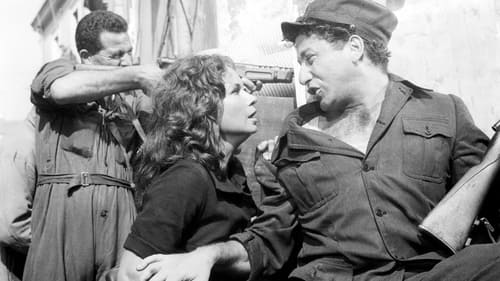
Story
The four days of Naples was not a revolution. They had no leaders, no preparations of any kind. The revolt was born and flared up in a matter of hours. The whole population of Naples took part in it, but they all did so without consulting the others. Driven by a kind of necessity, the Neapolitans took up their rifles, armed themselves with stones, household objects, and bottles of petrol, and fought on their stretch of road, anonymous and silent. Once the battle was over, everyone returned to their homes and the revolt remained in memory with only the names of the dead, those, at least, who were known. One figure still remembered is that of Gennarino Capuozzo, a ten-year-old boy who was killed on a barricade while fighting against the invaders of his village.

Novel
Enrico is a struggling journalist in the Rome of 1945. He receives a phone call informing him that his younger brother Lorenzo has died. Enrico recalls their long and difficult relationship; he was brought up by their poor but warm-hearted grandmother, Lorenzo was raised as a gentleman by a wealthy local aristocrat. Reunited in the Florence of the 1930s, Enrico becomes his spoilt brother's keeper, forever haunted by a sense of guilty responsibility towards a man he both hates and loves.
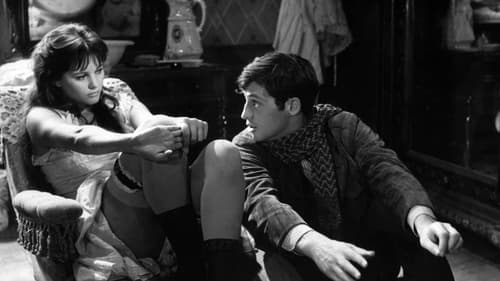
Screenplay
The death of a wealthy patriarch in 1885 sets off an interfamily power struggle. Son Ferdinando buys out his other relatives in order to gain full control over the dead man's property. But Ferdinando's nephew Amerigo holds out. Amerigo's stance is weakened when he heads for Florence and meets prostitute Bianca.

Story
When a impoverished widow’s family moves to the big city, two of her five sons become romantic rivals with deadly results.

Himself
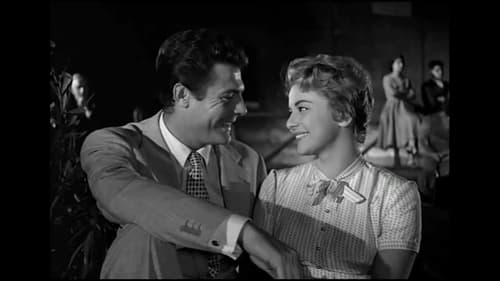
Story
Pietro is in love with a nurse; they keep their affair secret until she falls pregnant. Worried that marriage will affect his career, she prepares for the upcoming childbirth
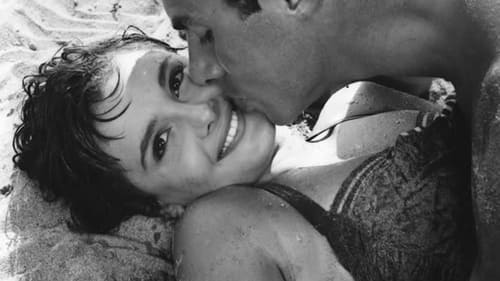
Novel
Andrea, a young and charming florentine mechanic in the 1950s, romances five beautiful women simultaneously, enjoying life without really committing to anyone, but in the end who wants to grasp all lose all.

Screenplay
It's the last year of highschool of a group of teenagers, and now they have to face their final exam, and the loves, happy or not, that sprung during those years of school.

Screenplay
Nine episodes about life in Italy in the period just before its economic boom.

Story
Nine episodes about life in Italy in the period just before its economic boom.
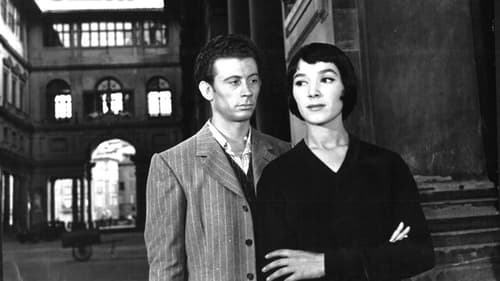
Novel
In 1925, young Florentine typographer Mario moves to via del Corno to be near his girlfriend Bianca. Here befriends Maciste, his landlord, and Ugo, anti-fascists both of them. After a resident is beaten by the fascists, Mario meets her wife Milena at the hospital, falling in love with her and leaving Bianca. Maciste is killed, again by fascists, while Ugo is wounded and he seeks shelter in a nearby house. Here he falls in love with Gesuina and the two marry. Milena's husband dies, but she and Mario part ways. Later, Mario is arrested by the police.
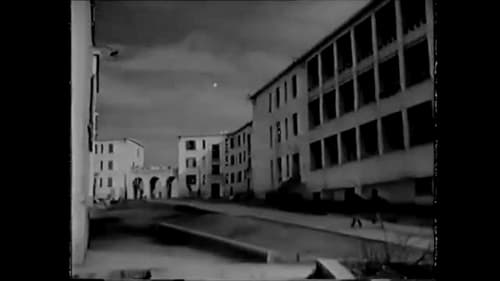
Writer
On the evening of March 11, 1950, Annabella Bracci, a 12-year-old girl, was brutally killed and thrown into a pit on the outskirts of Rome, near the village of Primavalle. A brief and poetic account of the events and their impact on an impoverished community. A handful of wild flowers and a painful catch in the voices.

Himself - Narrator (voice)
On the evening of March 11, 1950, Annabella Bracci, a 12-year-old girl, was brutally killed and thrown into a pit on the outskirts of Rome, near the village of Primavalle. A brief and poetic account of the events and their impact on an impoverished community. A handful of wild flowers and a painful catch in the voices.

Screenplay
In the background of the football match Roma - Napoli different stories intertwine.

Story
In the background of the football match Roma - Napoli different stories intertwine.
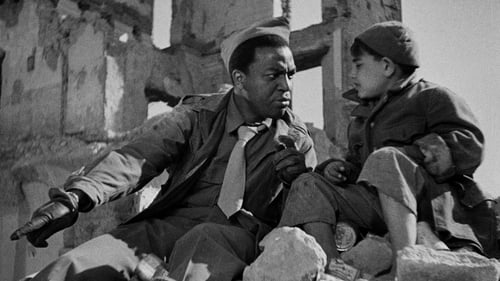
Writer
Six vignettes follow the Allied invasion from July 1943 to winter 1944, from Sicily north to Venice.












